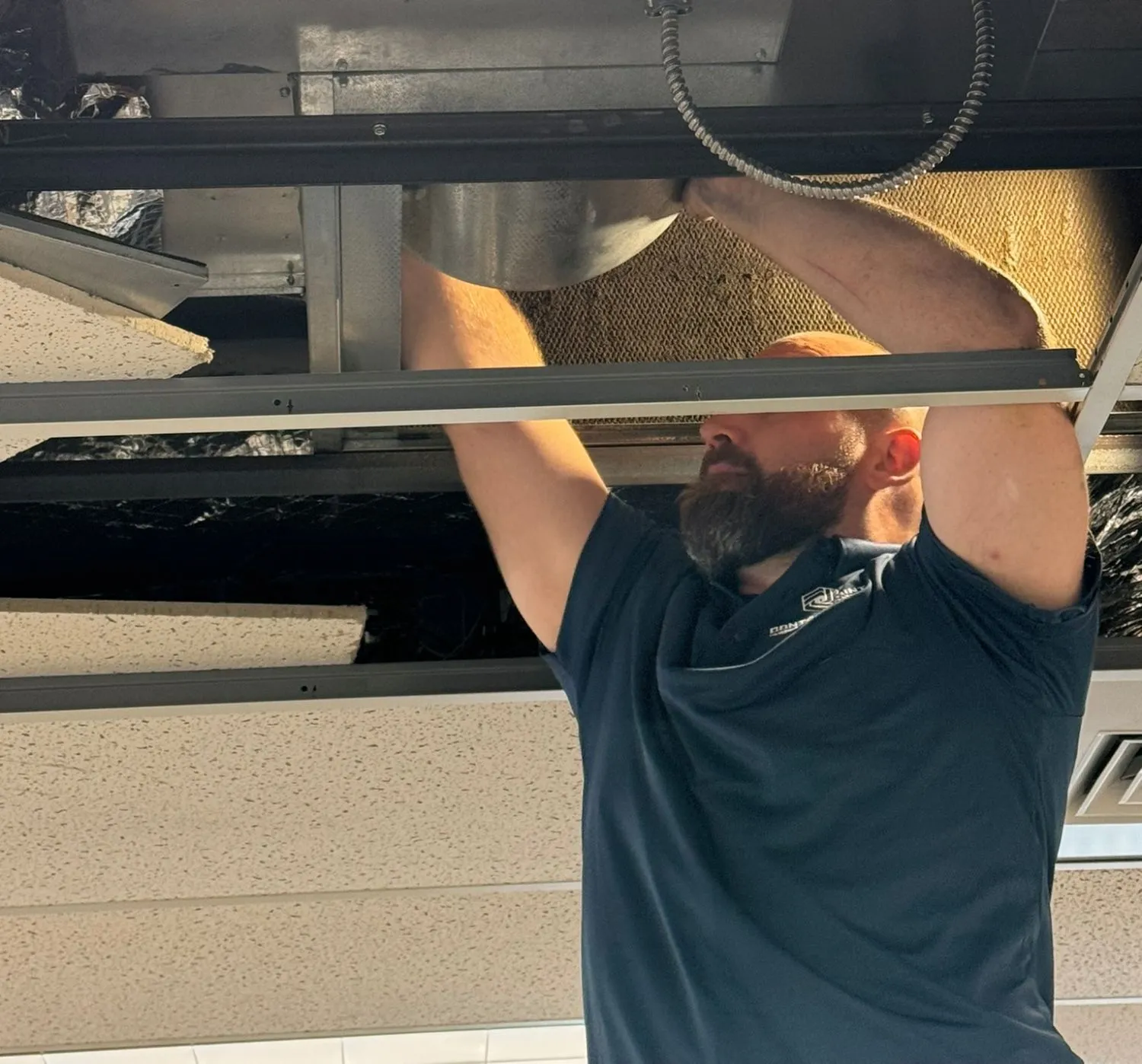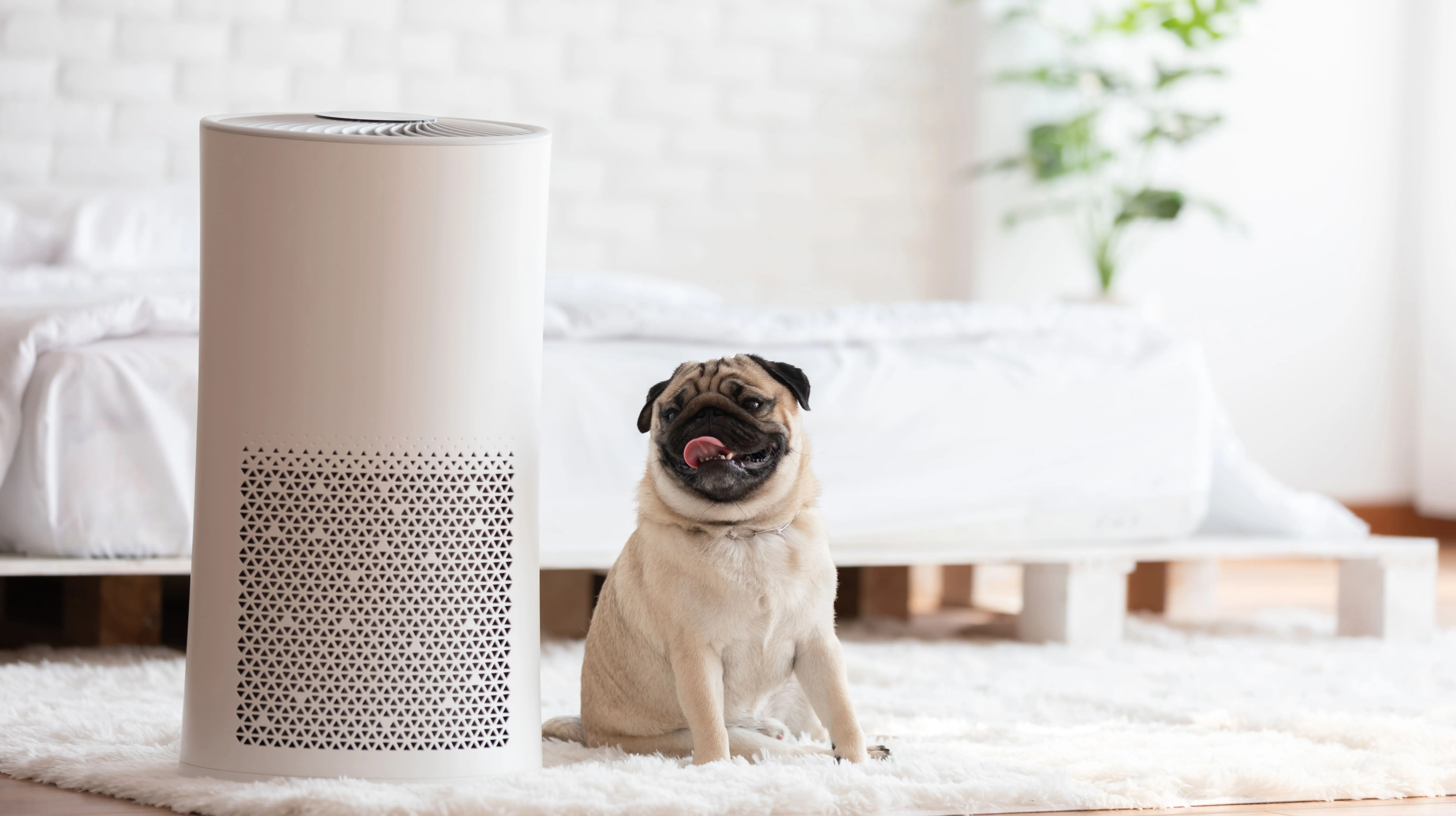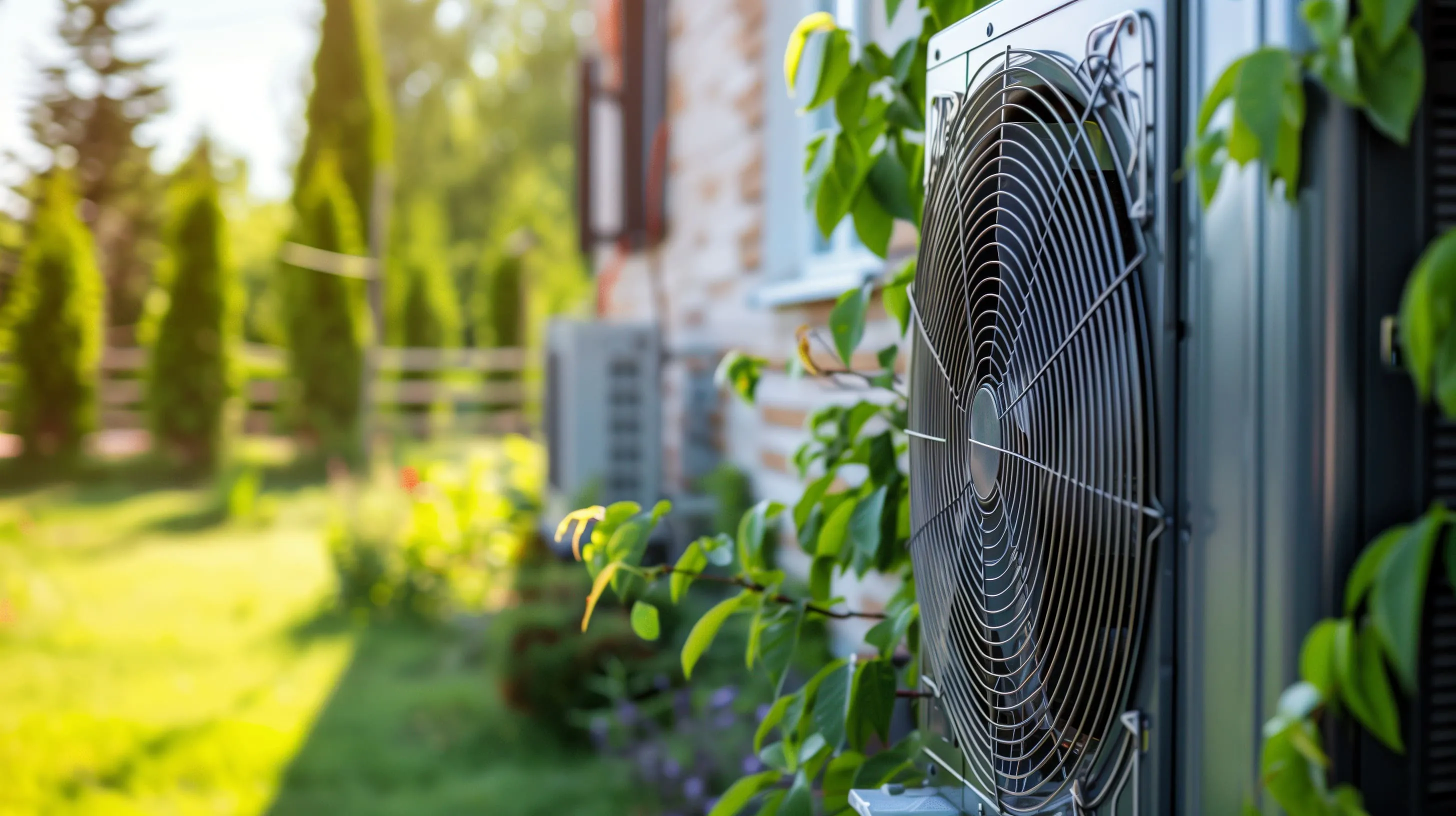
When it comes to staying warm during the cold winter months, folks in CITY love their heat pumps. Fast, reliable, and cost effective to use, heat pumps are a popular choice in the heating, ventilation, and air conditioning (HVAC) industry.
But what if it’s freezing outdoors and your heat pump starts blowing cold air?
At Control Point Heating • Cooling • Plumbing • Electric, we offer practical solutions for installing and maintaining your heat pump. We’ll be sure you get the best value for your dollar and the best system to suit your personal needs here in Massachusetts. Keeping you comfortable is our goal.
Heat pumps are designed to operate efficiently in a variety of weather conditions. While heat pumps are ideally suited to regions with moderate climates, the newer models are capable of handling extreme weather conditions and are increasingly versatile in terms of how they are used. According to ACHR News, heat pumps are gaining in popularity as a sensible alternative to traditional furnace and air conditioning units.
Heat pumps are three to four times more energy efficient than electric furnaces because of how they transfer heat rather than trying to create it. They reduce carbon emissions, they require little maintenance, and one heat pump serves both your heating and cooling needs.
All heating and cooling systems require proper maintenance—and your heat pump is no exception. To start with, always clean or replace filters as needed. This inexpensive action maintains efficient airflow through the system and helps lower your utility bills.
Other home remedies include cleaning the outdoor coils and removing any vegetation that’s growing too close to your outdoor unit. Check your service manual for other preventative maintenance tips on how to get the best performance from your heat pump.
Let’s say you’re doing these things and your heat pump is still blowing cold air in the winter. Continue reading for a few more factors to consider.
Unlike a traditional furnace that generates its own heat, a heat pump transfers air from the outdoors and vice versa. During the winter, the pump’s compressor can capture and absorb outdoor heat and transfer it indoors. In the summer, a heat pump operates likes centralized air conditioning by extracting the warm indoor air and pushing it outdoors.
During the colder months, a heat pump will produce air that is approximately 55 degrees warmer than the outdoor air. That means if it’s 25 degrees Fahrenheit outside, the heat pump will crank air into your home that’s around 80 degrees Fahrenheit. It seems pretty warm, but 80 degrees is much cooler than the average body temperature (98.6 degrees Fahrenheit) and could feel like cold air blowing into the home.
To protect the outdoor coils from freezing up in the winter, heat pumps go through a defrosting period every hour or so in which they are truly blowing out cold air. This defrosting period only lasts a few minutes and should not affect the overall temperature of your home.
If your heat pump continues to blow cold air for more than a few minutes, and your home’s thermostat indicates the temperature is dropping, first try a little troubleshooting:
If everything seems to be in order, then it’s probably time to call Control Point Heating • Cooling • Plumbing • Electric to have one of our trained technicians come out and take a look.
It’s always a good idea to have your heat pump inspected at least once a year to keep it from blowing cold air when you want heated air. Contact Control Point Heating • Cooling • Plumbing • Electric here in Shrewsbury, Massachusetts, to schedule an appointment or if you are in need of a repair. We’d be happy address whatever heat pump issue you may be having. Call (508) 845-4822 or request service online today.

Learn effective tips to reduce dust in your home. Discover cleaning hacks, air purifier benefits, and preventive measures for a dust-free space.

Pets bring joy and companionship to our homes, but they also come with significant hygiene challenges. Lingering odors, constant shedding, and irritating dander can make maintaining fresh, clean air a struggle.

Explore the most cost-effective heating systems for your home. Learn how to balance efficiency, cost, and comfort with insights from Control Point.